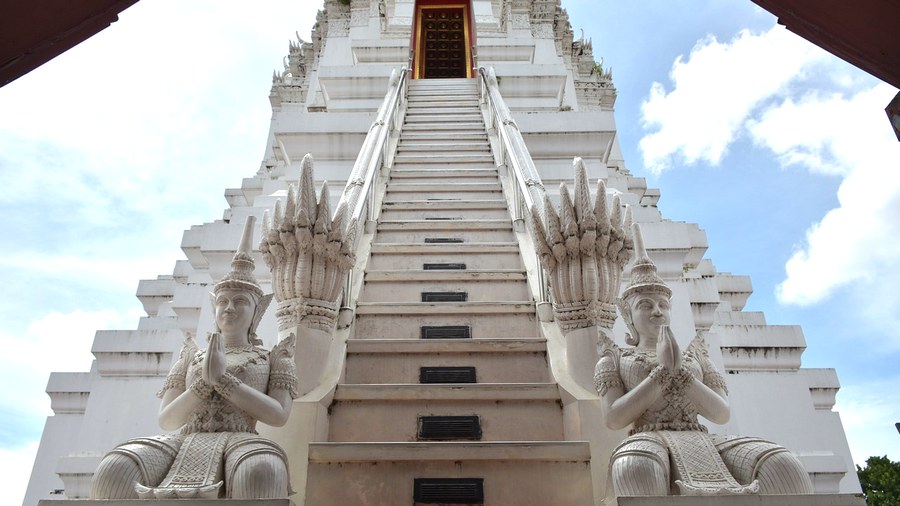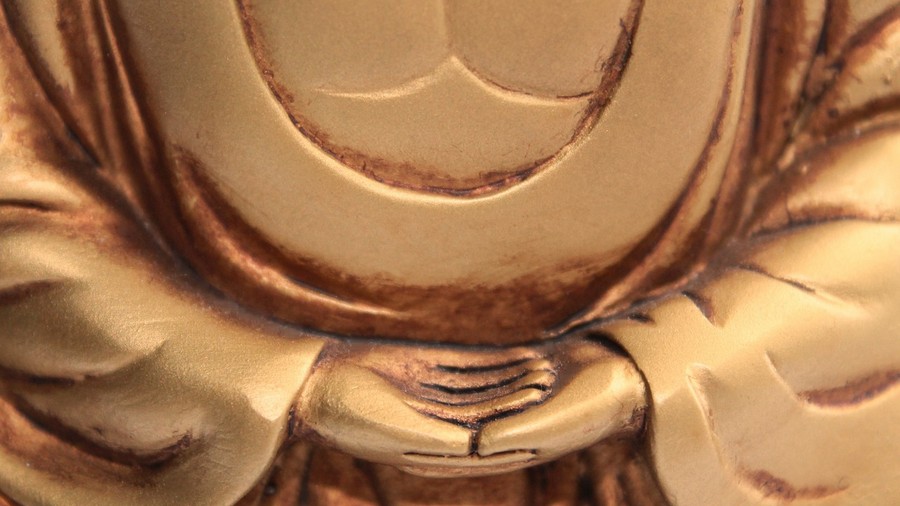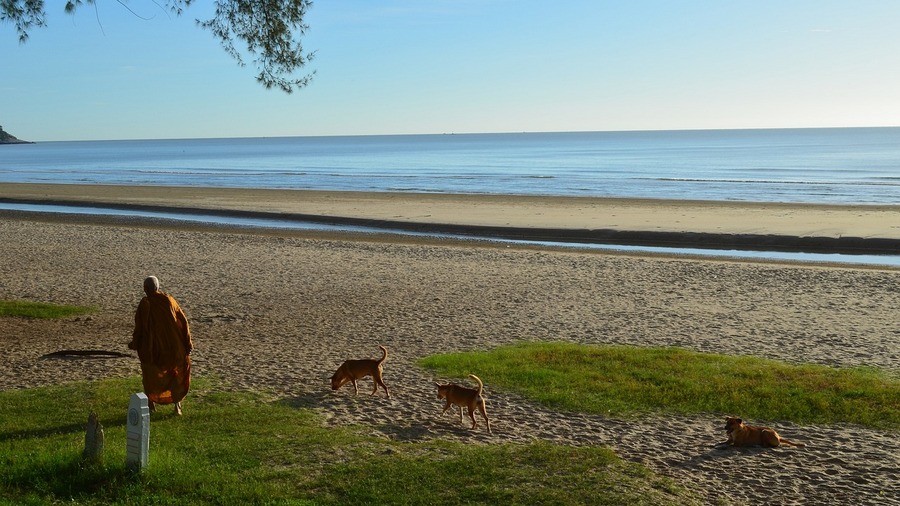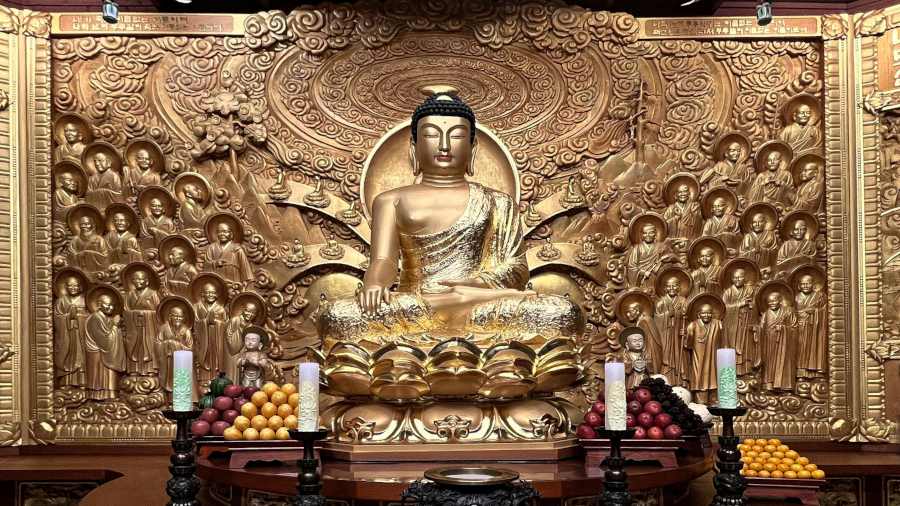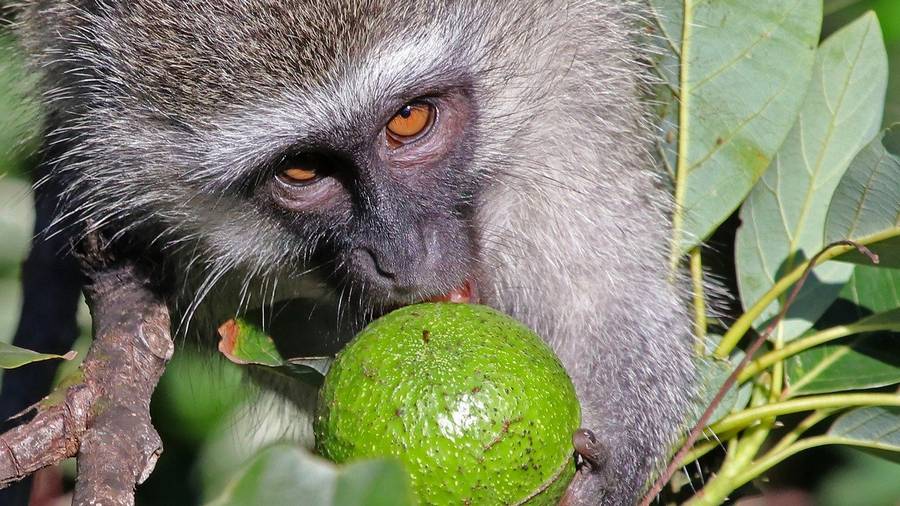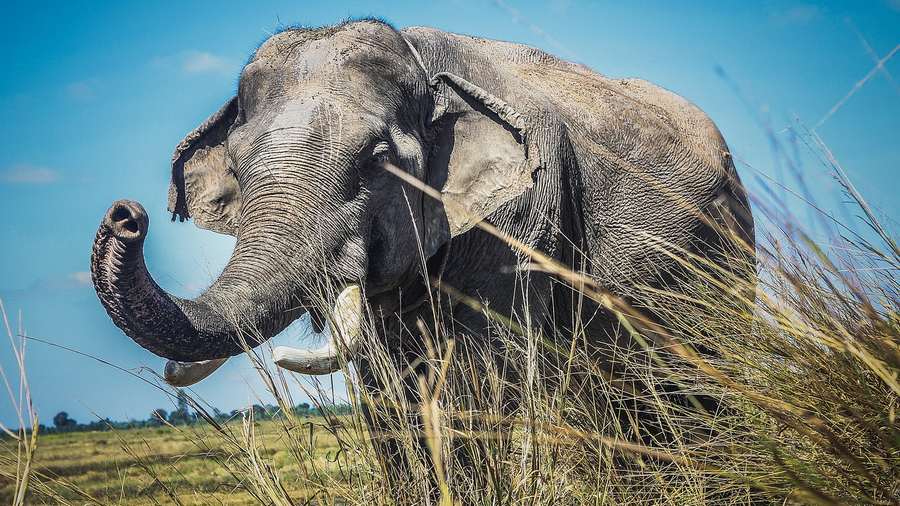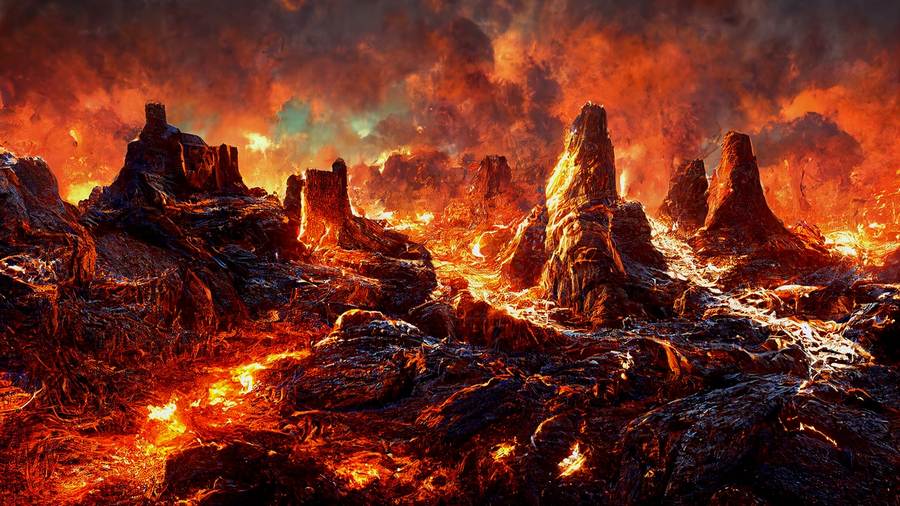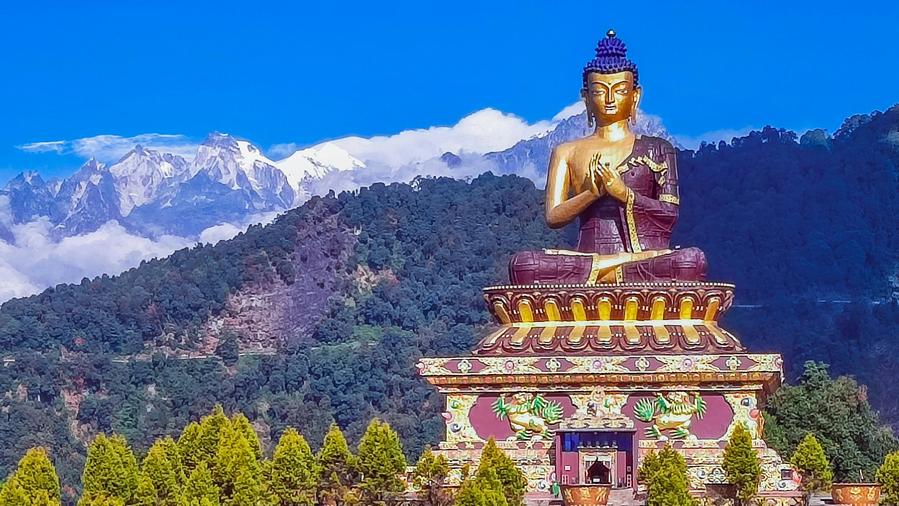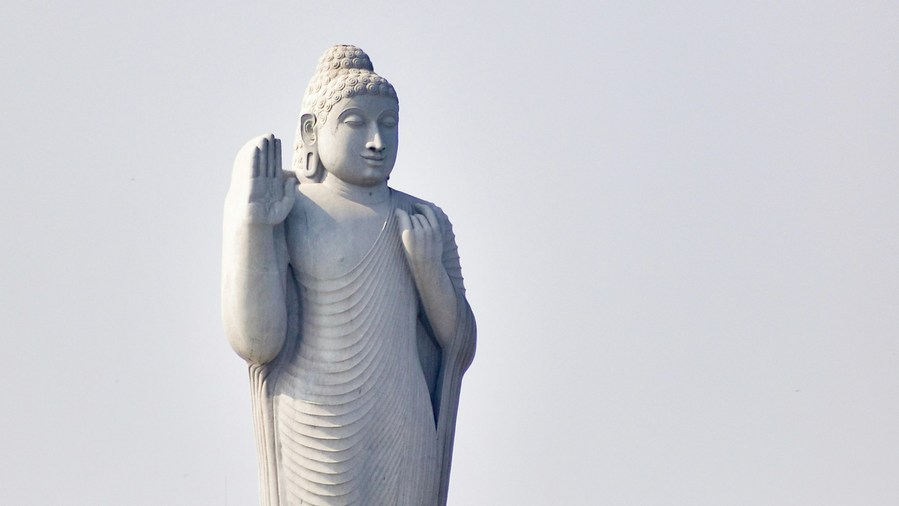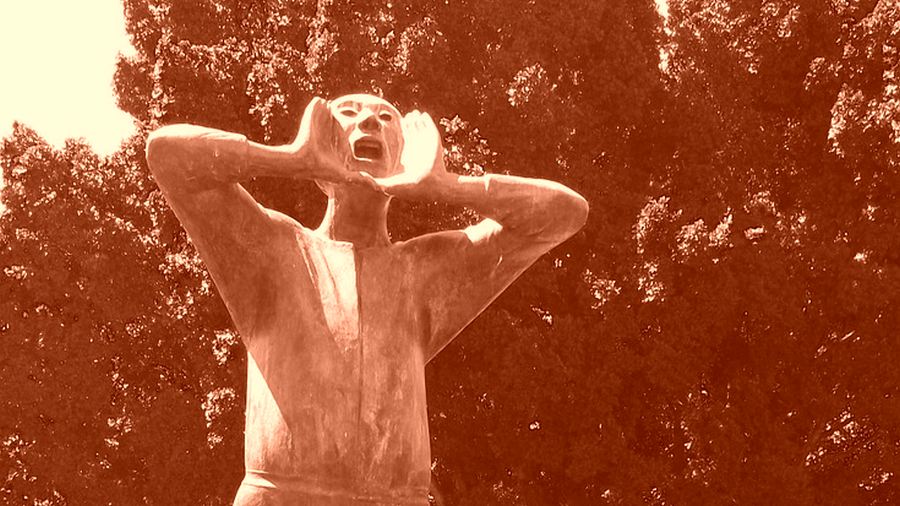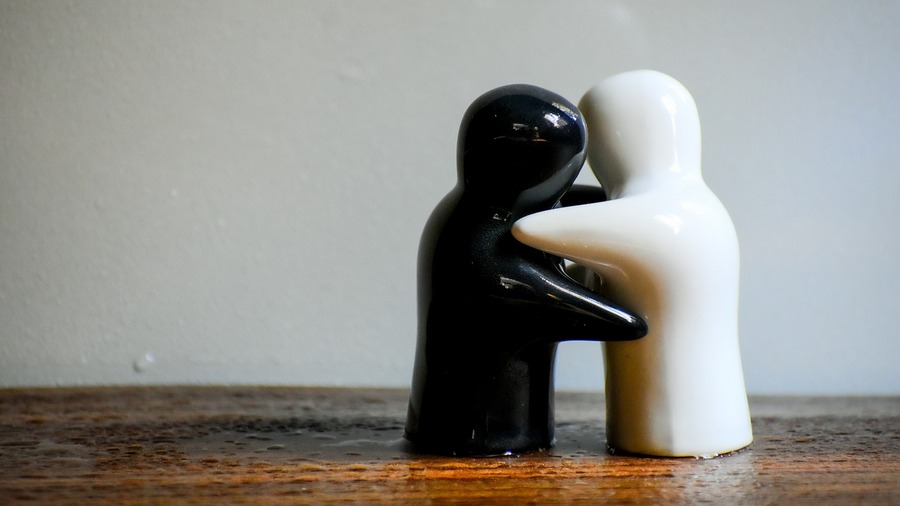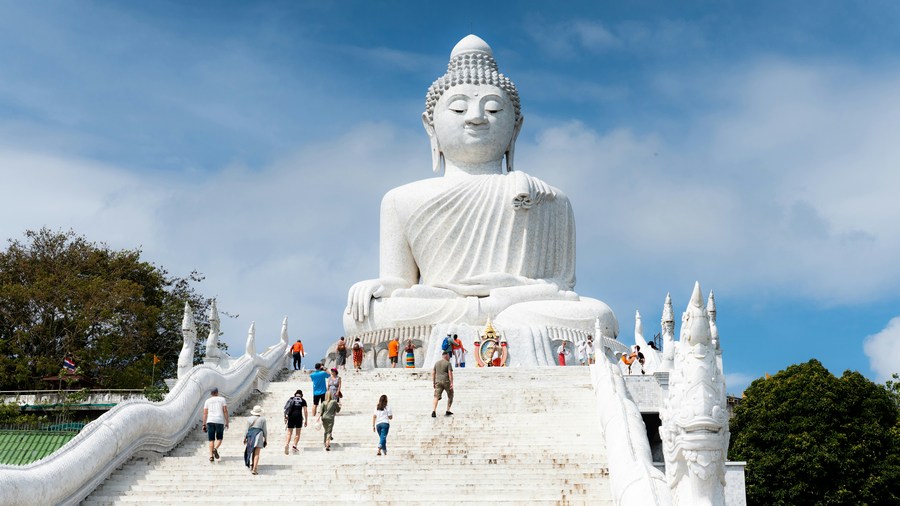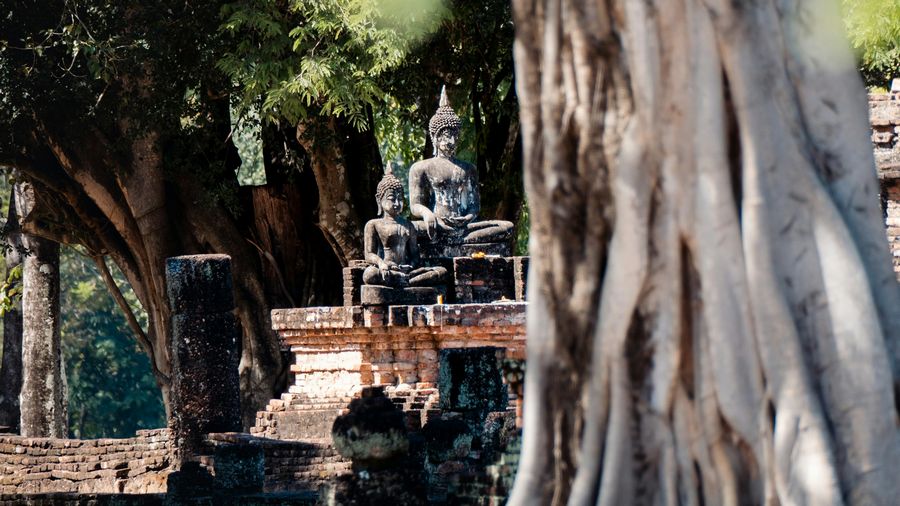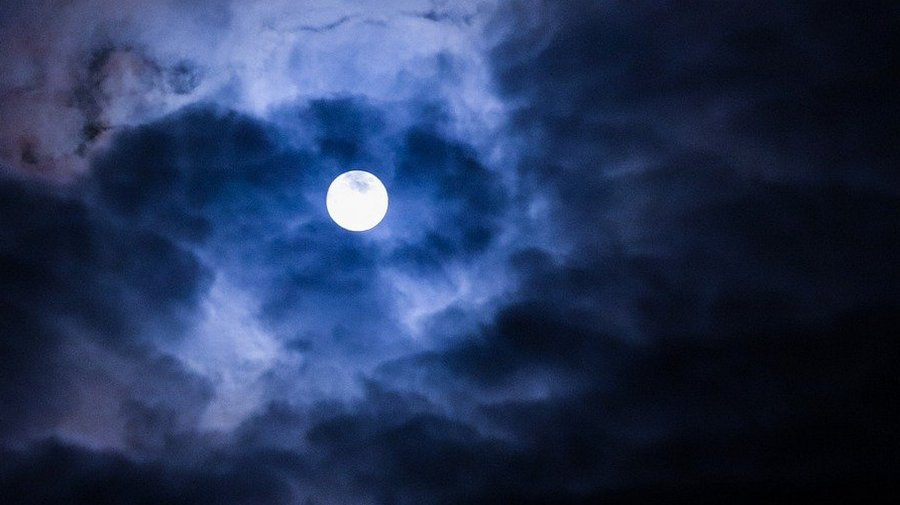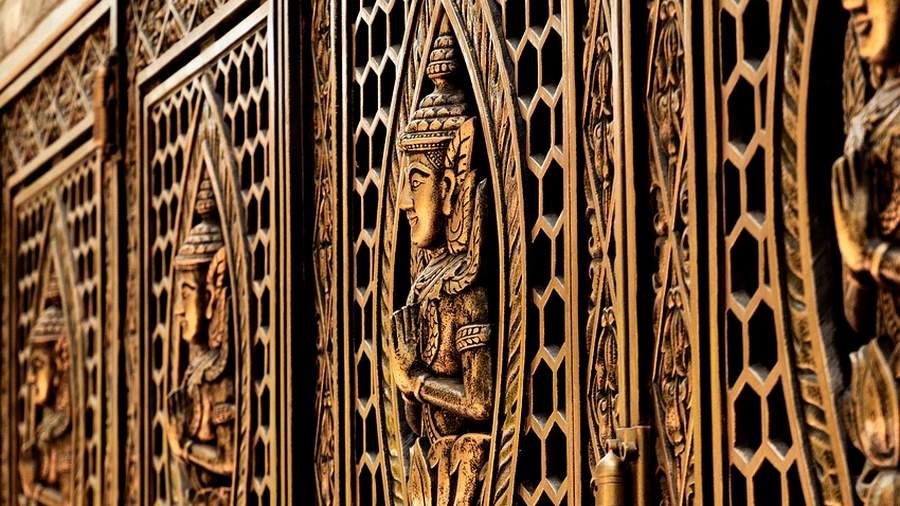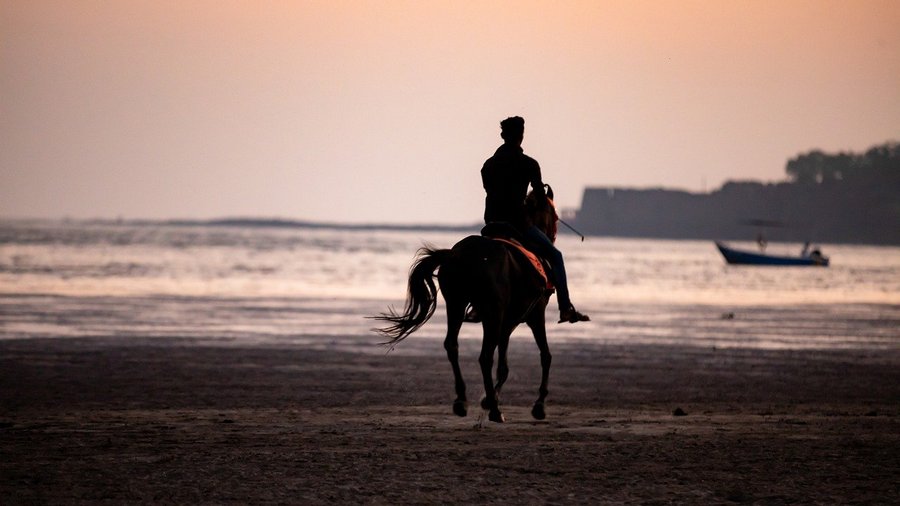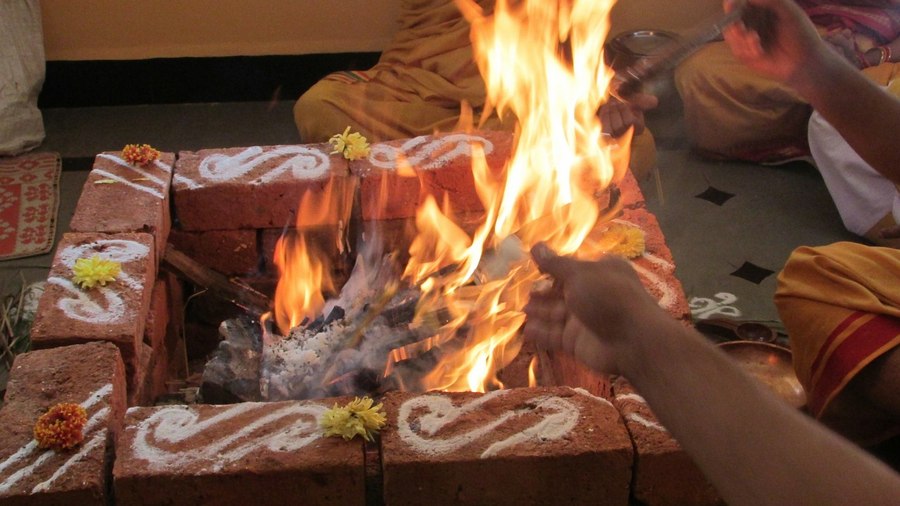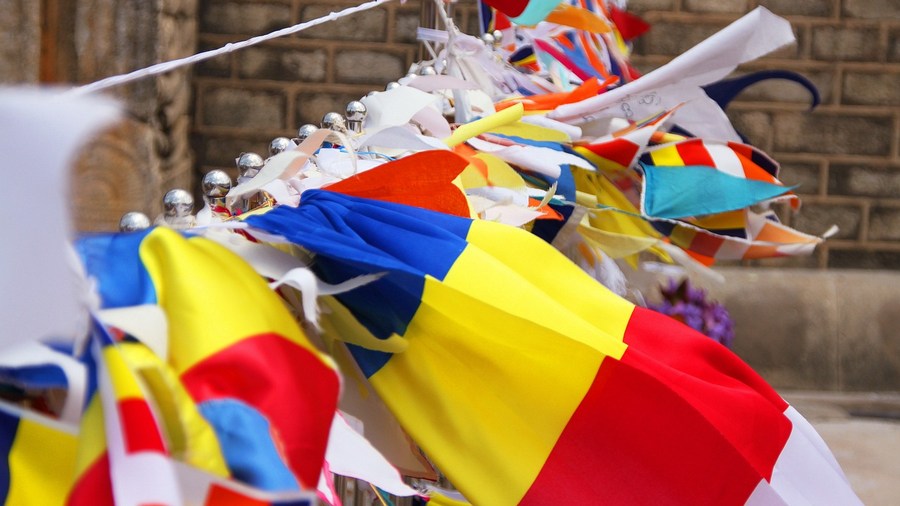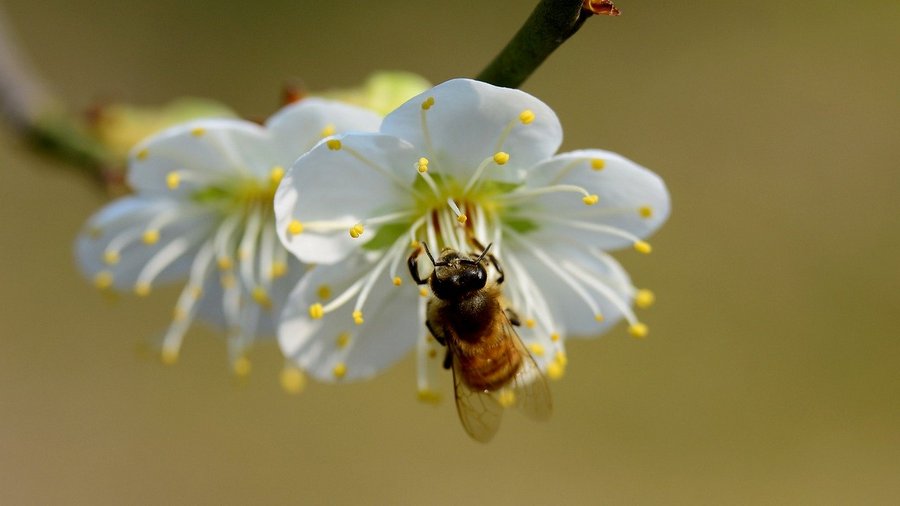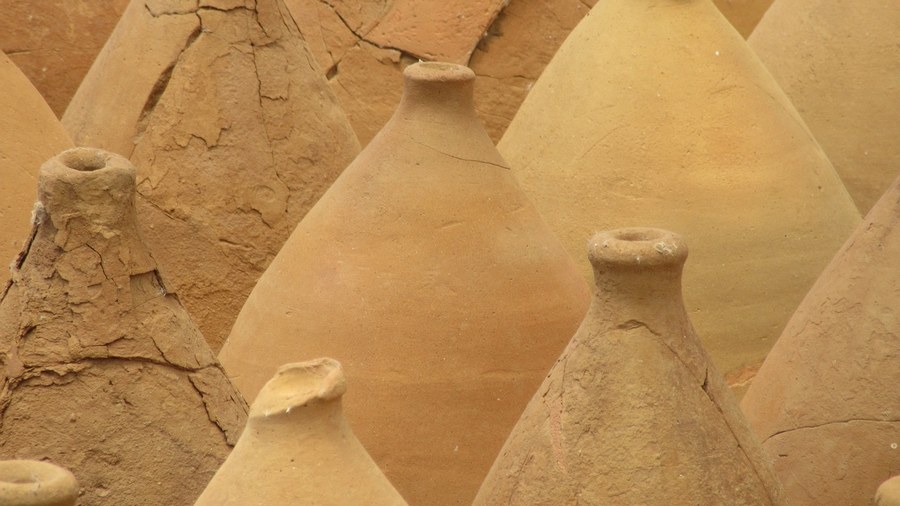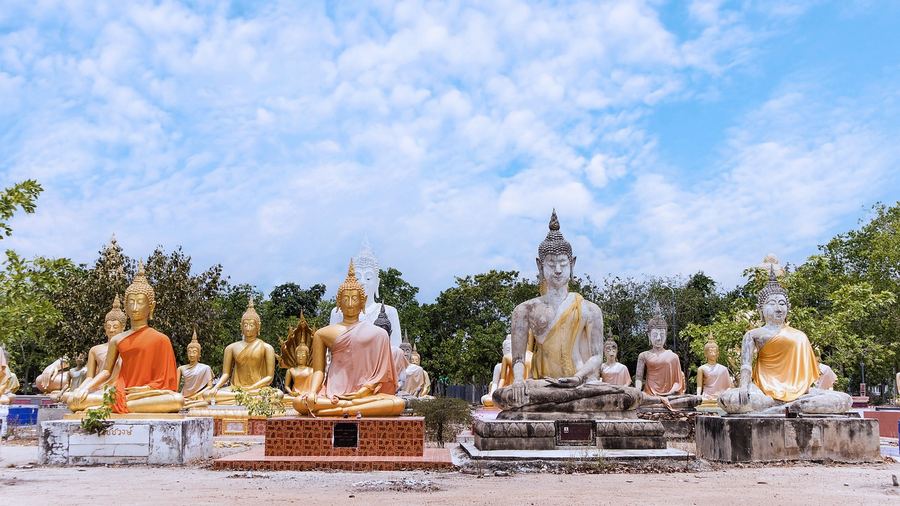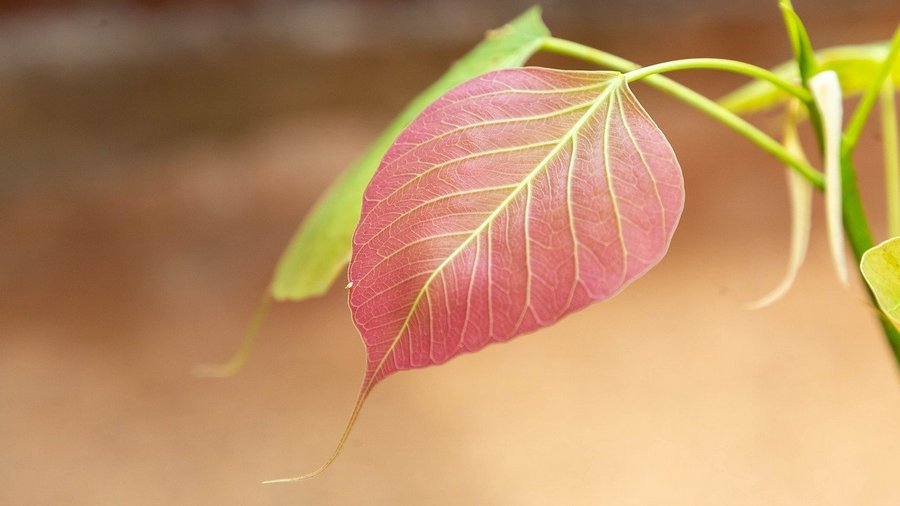Deep in wisdom, intelligent,
expert in what is the path and what is not the path;
arrived at the highest goal:
that’s who I call a brahmin.
Mixing with neither
householders nor the homeless,
a migrant with no shelter, few in wishes:
that’s who I call a brahmin.
They’ve laid aside violence
against creatures firm and frail;
not killing or making others kill:
that’s who I call a brahmin.
Not fighting among those who fight,
extinguished among those who are armed,
not taking among those who take:
that’s who I call a brahmin.
They’ve discarded greed and hate,
along with conceit and contempt,
like a mustard seed off the point of a pin:
that’s who I call a brahmin.
The words they utter
are sweet, informative, and true,
and don’t offend anyone:
that’s who I call a brahmin.
They don’t steal anything in the world,
long or short,
fine or coarse, beautiful or ugly:
that’s who I call a brahmin.
They have no hope
in this world or the next.
with no need for hope, detached:
that’s who I call a brahmin.
They have no clinging,
knowledge has freed them of indecision,
they’ve plunged into freedom from death:
that’s who I call a brahmin.
They’ve escaped clinging
to both good and bad deeds;
sorrowless, stainless, pure:
that’s who I call a brahmin.
Pure as the spotless moon,
clear and undisturbed,
they’ve ended delight and future lives:
that’s who I call a brahmin.
They’ve got past this grueling swamp
of delusion, transmigration.
Meditating in stillness, free of indecision,
they have crossed over to the far shore.
They’re extinguished by not grasping:
that’s who I call a brahmin.
They’ve given up sensual stimulations,
and have gone forth from lay life;
they’ve ended rebirth in the sensual realm:
that’s who I call a brahmin.
They’ve given up craving,
and have gone forth from lay life;
they’ve ended craving to be reborn:
that’s who I call a brahmin.
They’ve given up craving,
and have gone forth from lay life;
they’ve ended craving to be reborn:
that’s who I call a brahmin.
They’ve thrown off the human yoke,
and slipped out of the heavenly yoke;
unyoked from all yokes:
that’s who I call a brahmin.
Giving up discontent and desire,
they’re cooled and free of attachments;
a hero, master of the whole world:
that’s who I call a brahmin.
They know the passing away
and rebirth of all beings;
unattached, holy, awakened:
that’s who I call a brahmin.
Gods, centaurs, and humans
don’t know their destiny;
the perfected ones with defilements ended:
that’s who I call a brahmin.
They have nothing before or after,
or even in between.
Having nothing, taking nothing:
that’s who I call a brahmin.
Leader of the herd, excellent hero,
great seer and victor;
unstirred, washed, awakened:
that’s who I call a brahmin.
They know their past lives,
seeing heaven and places of loss,
and have attained the end of rebirth;
that sage who has perfect insight,
at the summit of spiritual perfection:
that’s who I call a brahmin.
Read the entire translation of Dhammapada 383–423 Brāhmaṇavagga: Brahmins by Bhikkhu Sujato on SuttaCentral.net. Or read a different translation on SuttaFriends.org, DhammaTalks.org, Ancient-Buddhist-Texts.net or AccessToInsight.org. Or explore the Pali on DigitalPaliReader.online.
Or read a translation in Deutsch, Tiếng Việt, Català, Čeština, Español, Français, עִבְֿרִיתּ, Magyar, Italiano, 日本語, Latine, मराठी, မြန်မာဘာသာ, Nederlands, Norsk, Polski, Português, සිංහල, Slovenščina, தமிழ், or 汉语. Learn how to find your language.

